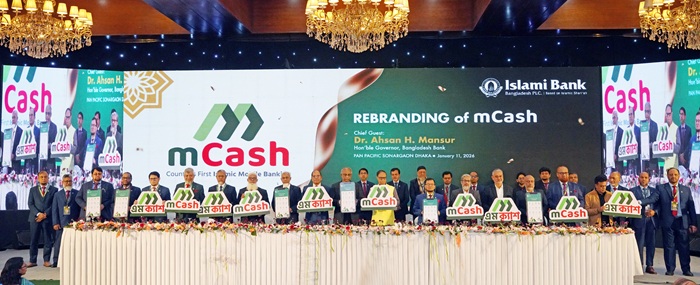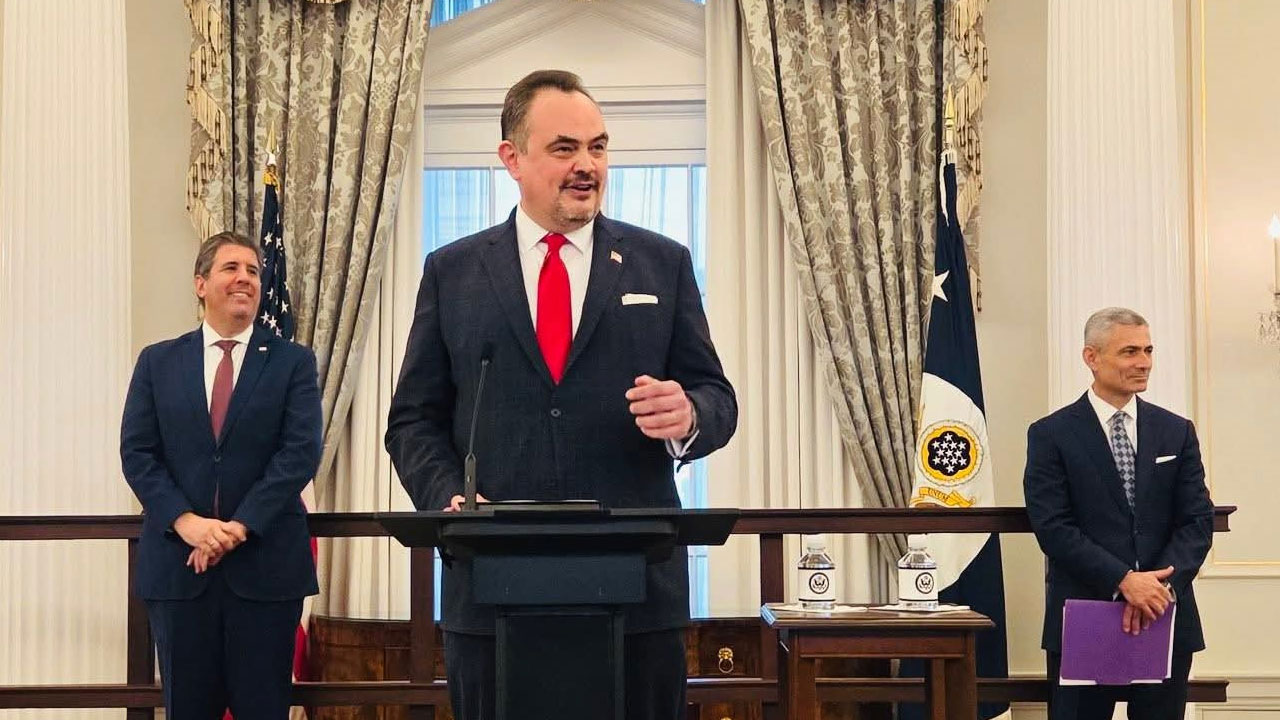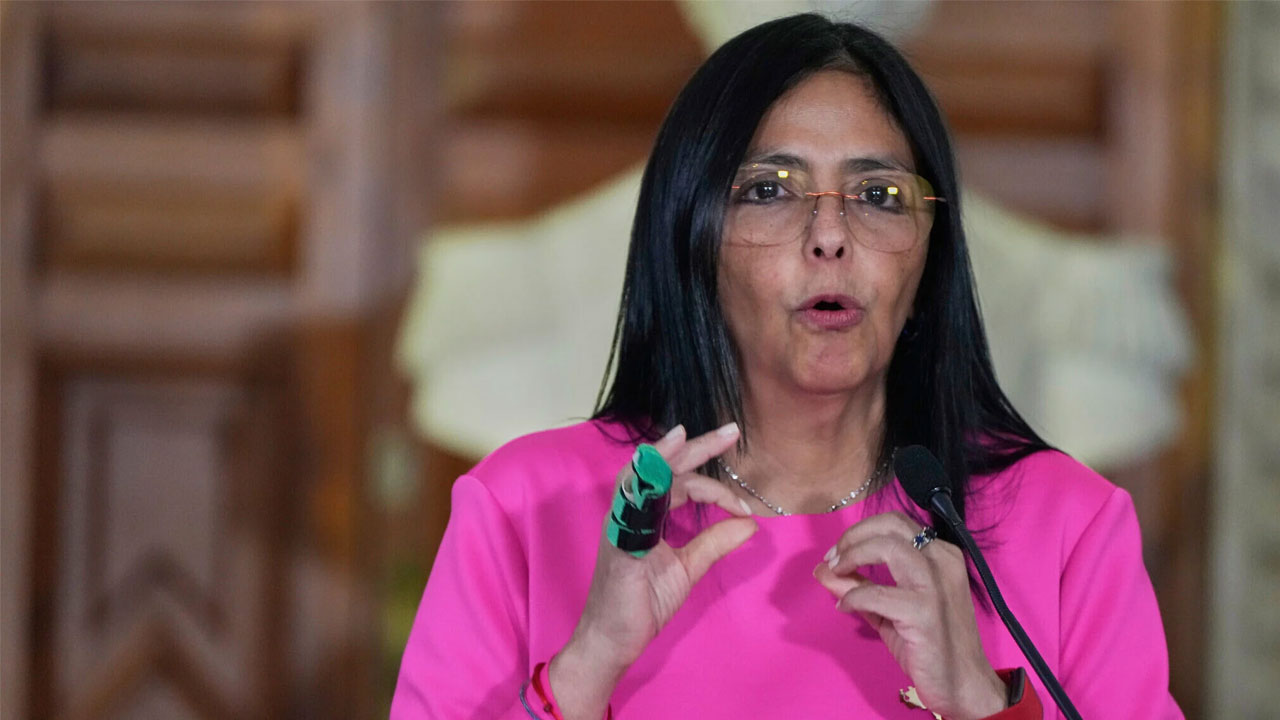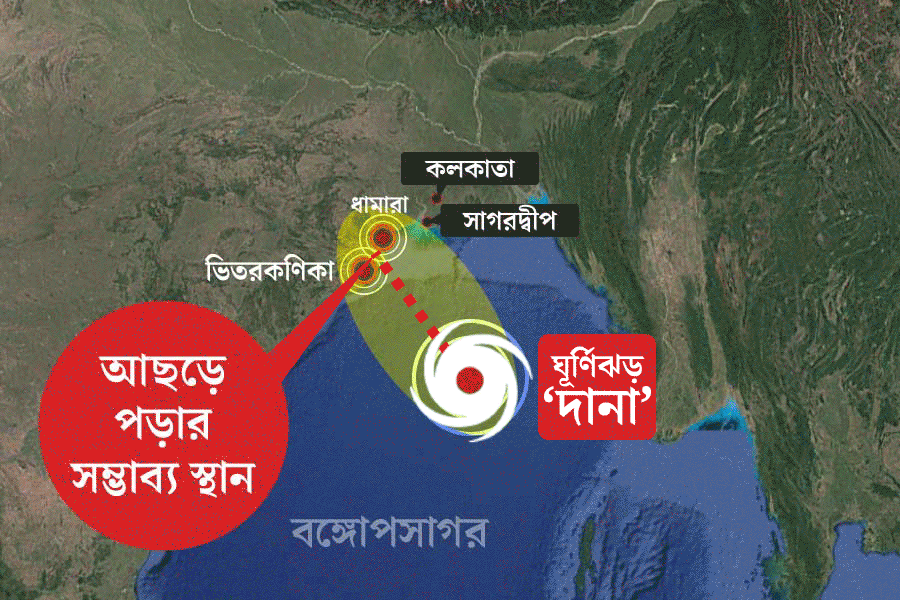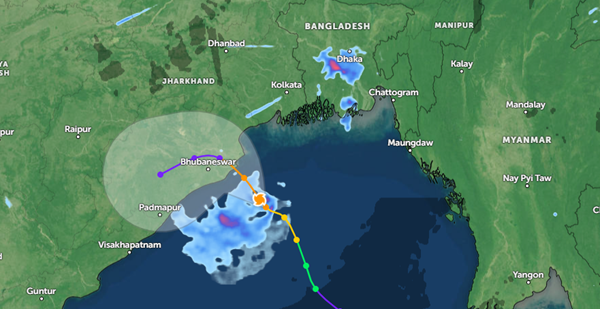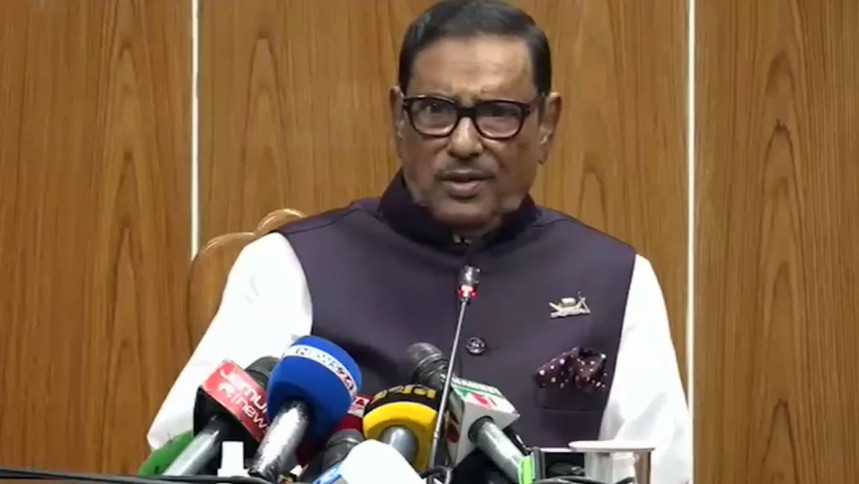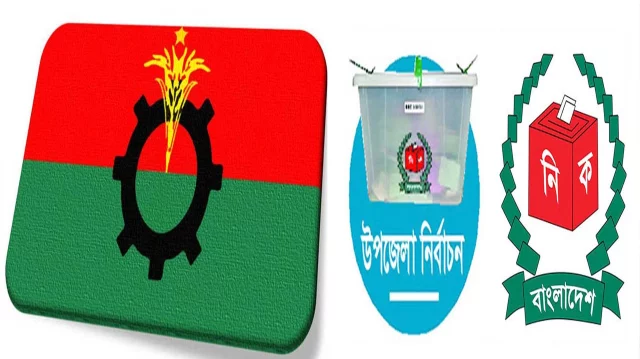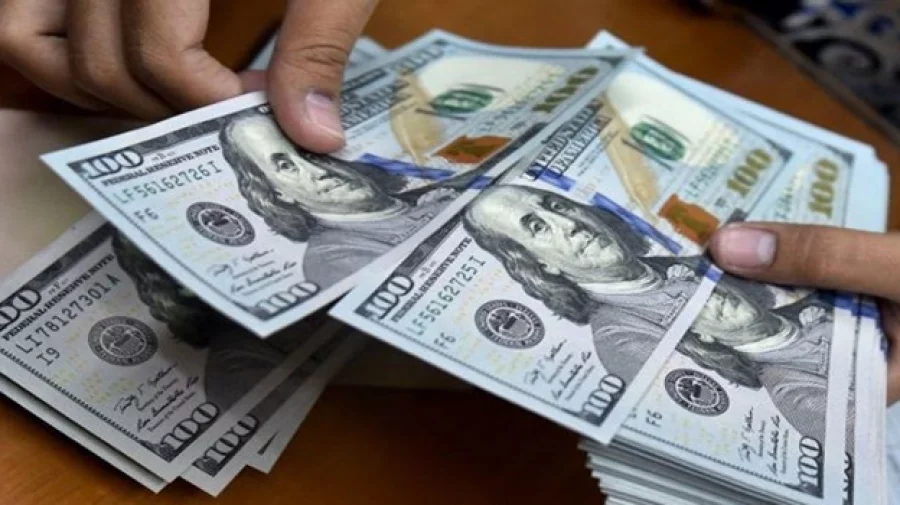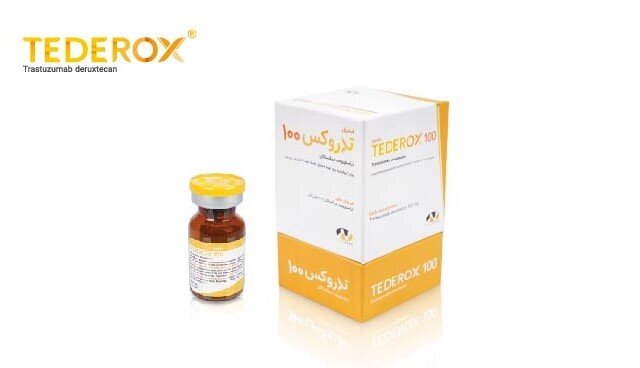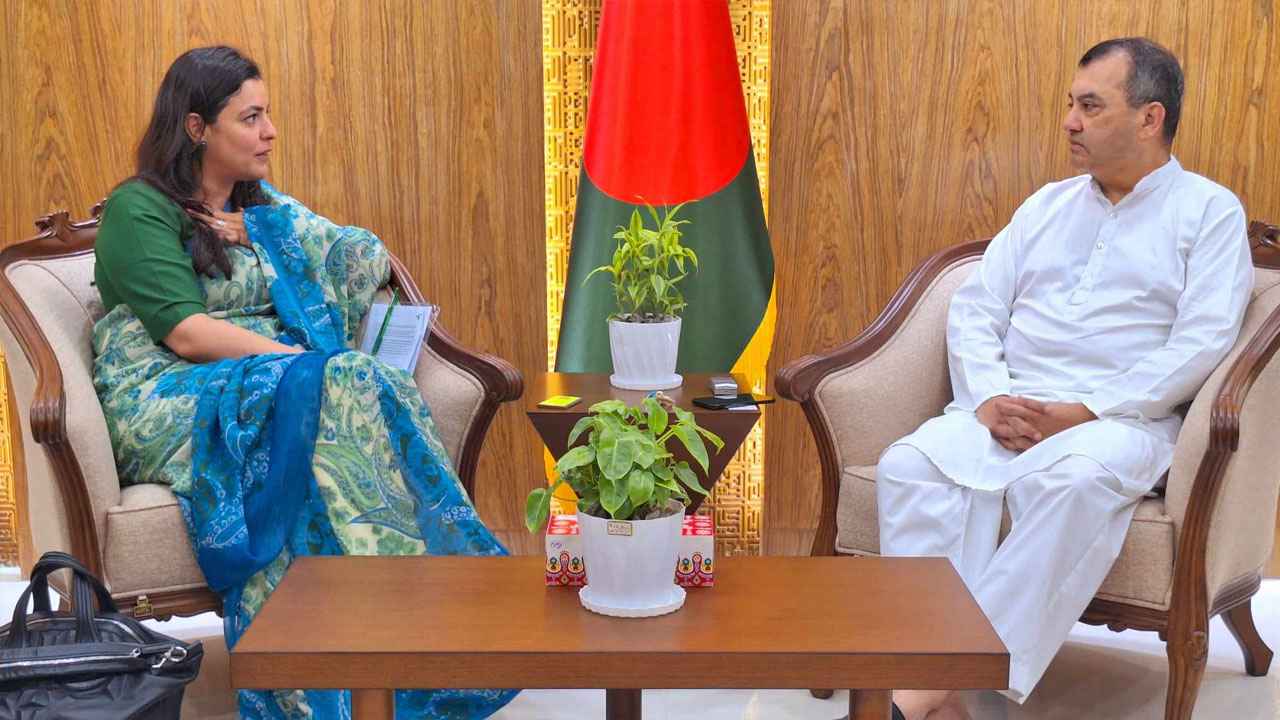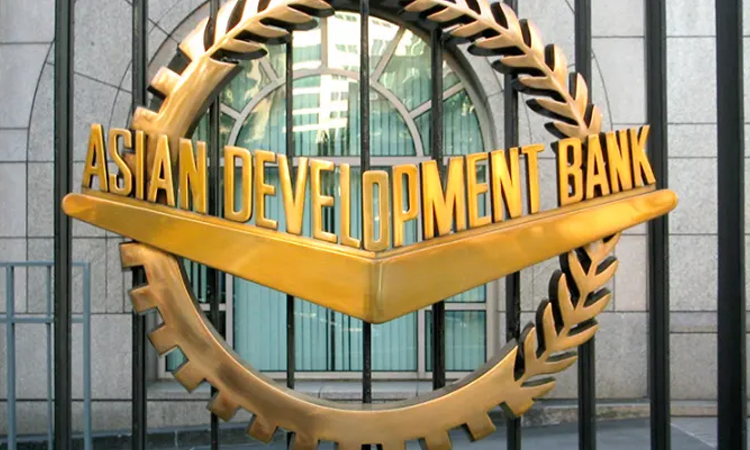
The Asian Development Bank (ADB) said that Bangladesh's growth will be 4 percent by the end of 2025. This will increase to 5 percent by the end of the next fiscal year in 2026. Although garment exports have remained stable, the slow growth estimate is mainly due to the ongoing political situation. On the other hand, the agency also said that domestic demand has declined amid repeated floods, industrial labor disputes and persistently high inflation.
The ADB released its Asian Development Outlook (ADO) on Tuesday (September 30). These were revealed in the published report.
ADB said that future growth will depend on improving the business environment to increase competitiveness and attract investment, and ensuring reliable energy supplies.
ADB Country Director Ho Yun Jeong said that the impact of US tariffs on Bangladesh's trade is not yet visible and weaknesses in the banking sector remain. Addressing these challenges is essential to achieve higher economic performance. Some downside risks remain to the 2026 fiscal year outlook. Trade uncertainty, banking sector weakness, and potential policy inflexibility could hamper progress. It is important to maintain prudent macroeconomic policies and accelerate structural reforms. These will play a crucial role in achieving sustainable development.
ADB also said that limited competition in the wholesale market, inadequate market information, supply chain constraints, and currency weakness are expected to lead to inflation rising to 10 percent in FY2025 from 9.77 percent in FY2024. The current account is expected to have a small surplus of 0.03 percent of GDP in FY2025, up from a deficit of 1.5 percent of GDP in FY2024, supported by a narrowing trade gap and strong remittance flows.
Consumption growth will be the main driver in FY2026, driven by strong remittance flows and election-related spending. However, contractionary monetary and fiscal policies, coupled with increased investor caution, will also dampen investment. Global tariff increases, including a 20 percent tariff hike on Bangladesh’s exports in the United States and tougher competition in the EU, are expected to weigh on exports and growth. Exporters may be forced to reduce unit prices in response to this increased competition.
ADB is a leading multilateral development bank that supports sustainable, inclusive, and sustainable growth in Asia and the Pacific. Working with its members and partners to address complex challenges, ADB uses innovative financial instruments and strategic partnerships to transform lives, build quality infrastructure, and secure our clients. ADB was established in 1966. The organization’s member countries are 69.
